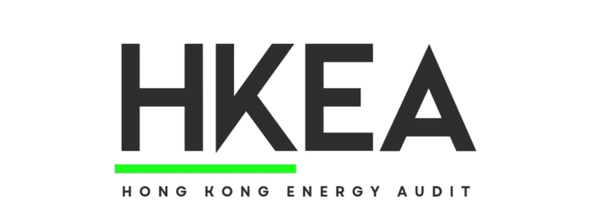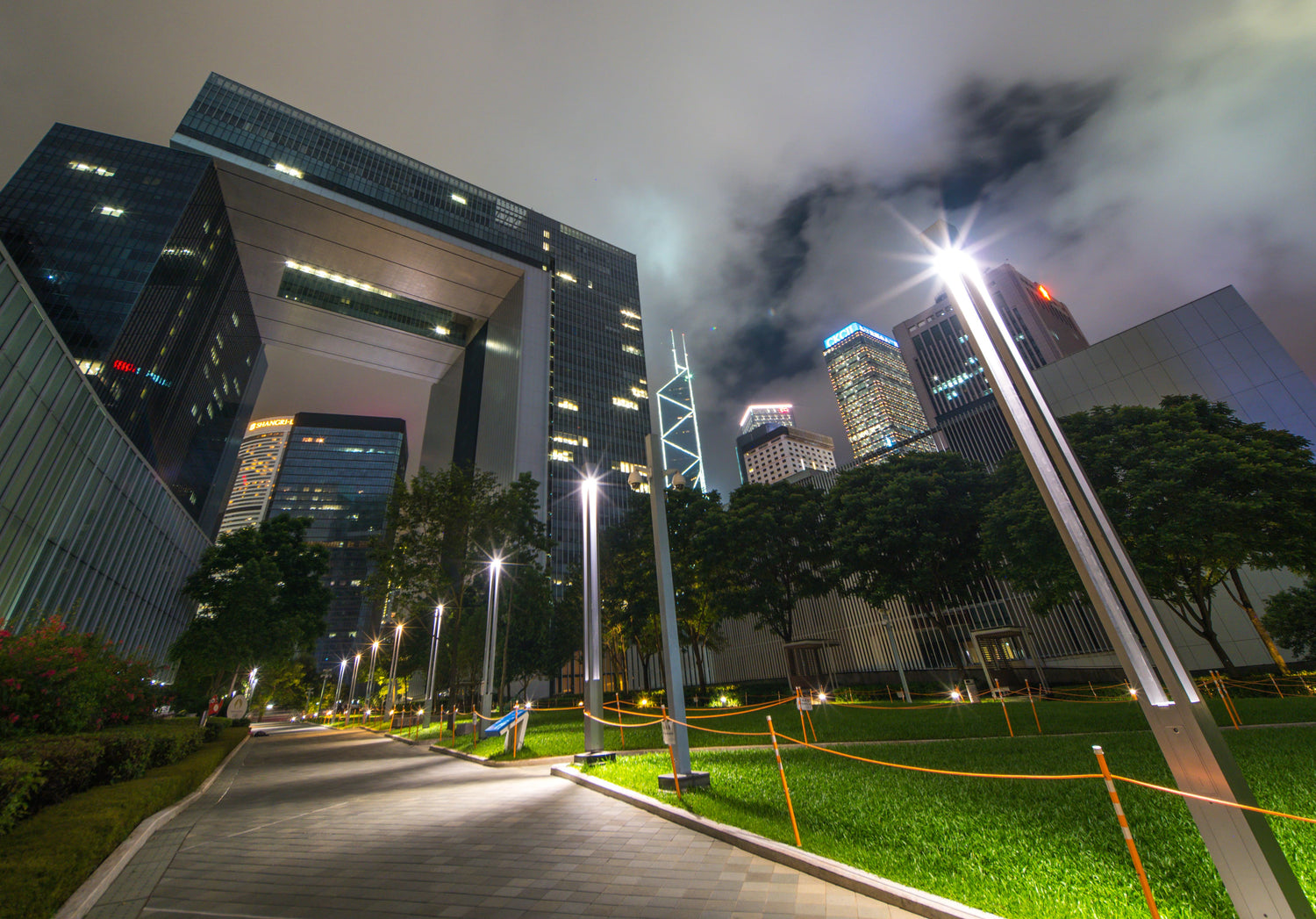
【The role of Hong Kong companies under the Paris Climate Agreement】
Share
The Paris Agreement is a historic document signed by nearly 200 countries in 2015. It is not only a milestone in international climate governance, but also reshapes the trajectory of global economic development. It symbolizes the determination of mankind to jointly deal with the climate crisis, and also sets a clear direction for low-carbon transformation for enterprises. As an international financial center, Hong Kong, although not an independent signatory, bears important emission reduction responsibilities under the overall national framework. How can the professional REA (Registered Energy Efficiency Assessor) team under HK Energy Audit become a strategic partner for Hong Kong enterprises to fulfill their climate responsibilities and seize green opportunities?

Paris Climate Agreement: A blueprint for action to achieve global temperature control goals
Core goal: Keep global temperature rise to well below 2°C and pursue efforts to limit it to 1.5°C
The IPCC (Intergovernmental Panel on Climate Change) report clearly points out that compared with a 2°C temperature rise, the 1.5°C target can significantly reduce catastrophic risks such as extreme weather, sea level rise, and biodiversity loss. The current global action is still far from this goal, and countries and industries are urgently needed to accelerate transformation.
Nationally Determined Contributions (NDCs): A Bottom-Up Mechanism for Action
Each Party shall submit and update more ambitious National Climate Action Plans (NDCs) every five years in accordance with its national conditions and capabilities, covering emission reduction targets, adaptation measures, and financial and technical needs, improve transparency, and establish unified reporting, monitoring and verification rules (ETF) to ensure that the progress of each country's actions is open, transparent, comparable and verifiable, and enhance mutual trust and accountability.
Long-term low greenhouse gas emission development strategy (LTS)
Countries are encouraged to formulate long-term low-carbon development strategies until the middle of this century to provide guidance for NDCs and move towards the goal of "net zero emissions".
Adapting to climate change
The agreement attaches great importance to enhancing global adaptive capacity, strengthening resilience and reducing vulnerability, and requires countries to formulate and submit adaptation plans and actions.
Funding, technology and capacity building
Obligations of developed countries: Commit to mobilize at least $100 billion in climate finance annually by 2025 to support mitigation and adaptation actions in developing countries. The goal is to set new collective quantified financial targets, assist them in establishing a technology framework, and accelerate the development and transfer of environmentally friendly technologies, especially for the least developed countries and small island states.

Hong Kong’s Role and Responsibilities under the Paris Agreement
As a special administrative region of China, Hong Kong is not an independent party. Its climate actions must be deployed under the overall national strategy and have a high degree of autonomy:
Incorporation into national NDCs:
China's NDCs (such as carbon peak before 2030 and carbon neutrality before 2060) are the general outline of Hong Kong's actions. Hong Kong needs to formulate local policies and measures to ensure that it contributes to the realization of national goals.
Develop local climate policies and regulations:
The government has released its 2050 carbon neutrality strategy and action plan (such as the Hong Kong Climate Action Blueprint 2050), setting phased targets (such as reducing carbon emissions by 50% by 2035).
Key objectives:
Net zero power generation: Eliminate coal-fired power generation, significantly increase the proportion of renewable energy and natural gas power generation, and explore regional cooperation (such as importing nuclear power and green electricity from the mainland).
Energy saving and green building: Implement stricter Building Energy Codes (BECs), promote green building certification (such as BEAM Plus), and renovate existing buildings.
Green transportation: promote electric vehicles (including commercial vehicles and public transportation), improve charging networks, and explore the application of hydrogen energy.
Waste-to-energy: Develop advanced waste-to-energy facilities (such as I·PARK1, 2) to reduce landfill methane emissions.
Promote waste reduction and recycling for all: implement municipal solid waste charges to promote source reduction and circular economy.
Adapting to climate change:
Strengthen the ability to resist extreme weather (such as super typhoons, heavy rains, and heat waves) and rising sea levels, invest in infrastructure resilience (such as coastal protection and drainage system upgrades), optimize urban planning, and protect the ecology.
Regional and International Collaboration:
We will leverage our advantages in finance and professional services to develop into a regional green finance and carbon trading center, guide capital flows to green projects, exchange best practices with international cities, and participate in global climate initiatives.

Challenges and opportunities facing Hong Kong enterprises
Driven by the goals of the Paris Agreement and local regulations in Hong Kong, Hong Kong companies are facing new requirements, challenges and opportunities:
Challenges include:
Compliance pressure: Increasingly stringent local environmental regulations (such as building energy efficiency standards and waste charges), requirements from upstream supply chain customers (such as disclosing carbon footprint and setting science-based carbon targets (SBTi), and green credit/investment preferences of financial institutions.
Operating costs: energy price fluctuations, potential carbon costs (such as carbon tariffs CBAM affecting export companies), and rising waste disposal costs.
Reputational risk: Poor ESG performance affects brand image, investor confidence and talent attraction.
Physical risk: The direct impact of extreme weather events on assets, supply chains, and operations.
Opportunities include:
Cost savings: Energy audits and energy-saving renovations can significantly reduce long-term operating costs (electricity is the main expense).
Market development: meet the green requirements of international buyers/investors and develop ESG-sensitive markets.
Brand enhancement: Demonstrate environmental leadership, enhance customer loyalty, employee identification and social reputation.
Financing advantages: Easier access to green loans, sustainability-linked loans and ESG investments.
Innovation-driven: Promote green innovation in products, services and processes to enhance long-term competitiveness.
Risk management: Build resilience to climate-related risks and regulatory changes.
HK Energy Audit Professional energy audit and carbon reduction consulting services
HK Energy Audit's Registered Energy Assessor (REA) team is composed of professionals recognized by the Hong Kong Electrical and Mechanical Services Department. They are key partners for enterprises to meet climate challenges and implement energy conservation and emission reduction goals. We provide a full range of energy management solutions based on the Paris Agreement framework and Hong Kong policy orientation. Among them, there are also people with BEAM Pro, WELL AP and LEED AP professional qualifications to help enterprises obtain green building certification and improve ESG scores. At the same time, we focus on creating quantifiable economic benefits (cost savings) and environmental benefits (carbon emission reduction) for enterprises to enhance core competitiveness. Welcome to contact HK Energy Audit for professional energy audit and carbon reduction consulting services to help you transform climate challenges into new engines of green growth and contribute to the sustainable development of Hong Kong!




